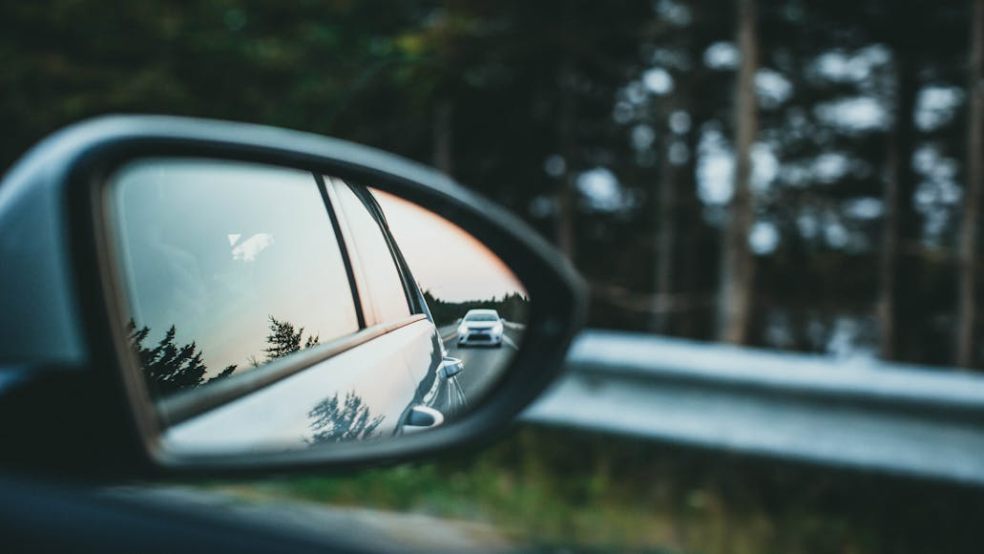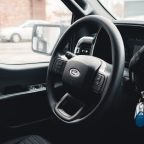
Are Car Insurance Add-Ons Worth It?
Should you be opting for that extra bit of car cover, like windscreen protection, or is it a waste of money? When it comes to car insurance, you may have recently taken out or are considering a policy and want to know if add-ons are the way to go.
Considering that they’d add to your monthly premium, it’s important to weigh up whether they’re worth it. Below, we look at some typical add-ons offered by local insurers and weigh up your options.
Why Add-Ons?
First off, you may be wondering why you’d need add-ons if you already have a comprehensive car insurance policy. Surely that should cover everything, it’s called comprehensive insurance, after all.
Unfortunately, depending on your policy, you may still need additional cover for certain things. Typically, repairs to your windscreen aren’t covered in most comprehensive insurance policies.
Why? Because windscreen chips and cracks happen a lot, and if insurance companies had to pay out for every claim, it would raise everyone’s premiums.
By making things like windscreen cover optional, they can keep the basic cost of insurance lower and people who want windscreen protection can add it for a small extra fee, while others can choose not to include it.
What Add-Ons Are There?
Now that you know why some things cost extra, you may be wondering what add-on options there are. It depends on your insurer, but here’s what you’d typically see:
- Car hire cover: Pays for a rental car while your car is being repaired after an accident.
- Roadside assistance: Helps with breakdowns, flat tyres, towing, or running out of petrol.
- Excess waiver: Lowers or removes the amount you pay when making a claim.
- Sound equipment cover: Covers car audio and electronics not included in your insurance.
- Accessories cover: Insures extra items like custom wheels, roof racks, or other upgrades.
- Scratch and dent cover: Pays for fixing small scratches, dents, or paint chips.
- Tyre and rim cover: Covers damage to tyres and rims from potholes or accidents.
- Windscreen cover: Covers the cost of repairing or replacing your car's windscreen, windows, or glass sunroof in case of damage.
So, Should I Get Add-Ons?
There’s no yes or no answer here – it all depends. Let’s look at when add-ons make sense and when they don’t.
When Add-Ons Make Sense
- If you drive a lot: The more you drive, the more likely your car is to be damaged. If you’re constantly manoeuvring through the city and parking lots, for instance, something like scratch and dent insurance might well be worth it.
- Rough terrain. Did you know that over 90% of windshield damage is due to stones – meaning rocks and gravel being kicked up by a vehicle in front or next to you? If you often drivie on gravel roads or roads that are under construction (as so many South African roads are), getting something like windscreen protection would make sense. Not to mention tyre and rim coverage for potholes.
- High claim bonus: In many cases, using specific car insurance add-ons doesn’t affect your no-claims bonus. If you’ve stored up a substantial no-claim bonus, getting an add-on can protect that.
When To Skip Add-Ons
- Older cars: If your car is very old, certain add-ons may not make sense as the value of the vehicle might not justify the added expense.
- Limited use: If you drive very rarely, you may not need extra protection for your car. The likelihood of needing roadside assistance, for instance, would be much lower. And in case you do break down, the once-off out-of-pocket payment you’ll need to make would likely ne less than paying towards roadside assistance every month.
- Tight budgets: While add-ons broaden your coverage, they do increase premiums. If your budget is tight, focus on a solid basic policy instead.
Weigh Up Your Options
Hopefully, this info has given you some guidance on whether you should get a car insurance add-on or not. Ultimately, it’s about considering your car, how much you drive, where you live, and what you can afford.

















